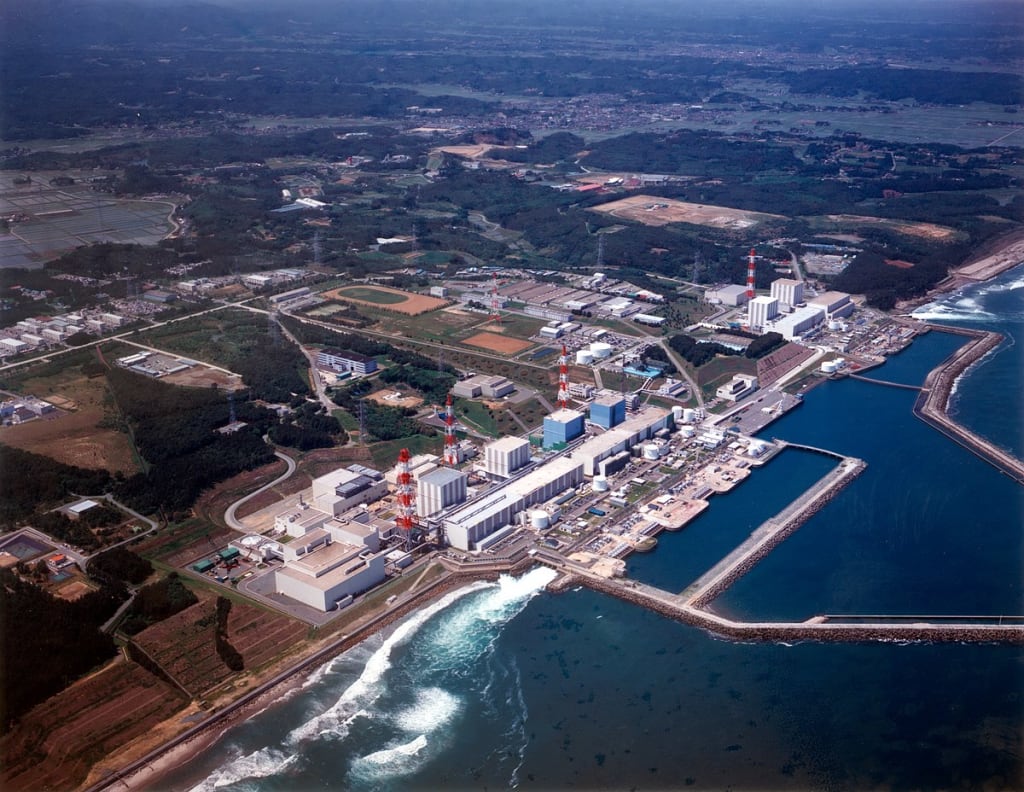News You Should Care About: Japan's Plan to Release Fukushima Nuclear Plant's Waste Water into the Sea Gains Approval from UN Watchdog
Japan's Controversial Decision: Releasing Fukushima Nuclear Plant's Waste Water into the Sea Gains UN Watchdog Approval while Raising Environmental and Health Concerns

In a highly controversial decision, the United Nations (UN) watchdog has approved Japan's plan to release the waste water accumulated at the Fukushima Daiichi nuclear power plant into the sea. This decision has stirred up intense debates and raised concerns about potential environmental and health risks. The Fukushima disaster in 2011 resulted in the release of significant amounts of radioactive material into the environment, and the ongoing management of the plant's waste water has been a pressing issue for Japan. In this article, we will explore the background of the Fukushima nuclear plant, the rationale behind Japan's decision, the scientific analysis conducted by the UN watchdog, and the concerns raised by various stakeholders.
Background of the Fukushima Disaster:
The Fukushima Daiichi nuclear power plant, located on the eastern coast of Japan, suffered a catastrophic meltdown on March 11, 2011, following a massive earthquake and subsequent tsunami. The disaster resulted in the release of substantial amounts of radioactive materials, leading to widespread contamination of the surrounding land, air, and ocean. The plant's operator, Tokyo Electric Power Company (TEPCO), has since been working to stabilize the situation and mitigate the long-term effects of the accident.
The Challenge of Waste Water Management:
One of the major challenges faced by TEPCO is the accumulation of large volumes of contaminated water used to cool the damaged reactors. Over the years, the company has employed a series of methods to decontaminate the water, including the Advanced Liquid Processing System (ALPS). However, despite these efforts, the water still contains a radioactive isotope called tritium, which cannot be removed through conventional treatment methods.
Japan's Rationale for Release:
In April 2021, Japan announced its decision to release the treated waste water from the Fukushima plant into the sea. The government argued that it had carefully considered various options and consulted with experts, concluding that the controlled release would be the most practical and scientifically sound approach. They emphasized that the water would undergo further treatment to reduce radioactive contaminants to levels below the regulatory limits set by the Japanese government and international standards.
UN Watchdog Approval:
The International Atomic Energy Agency (IAEA), a UN watchdog responsible for nuclear safety, conducted a comprehensive analysis of Japan's plan before granting its approval. The IAEA reviewed the scientific evidence, technical assessments, and potential environmental impacts, considering factors such as dilution, dispersion, and monitoring. Based on their findings, the IAEA concluded that the planned release met international safety standards and posed no undue risks to human health or the environment.
Environmental and Health Concerns:
Despite the IAEA's endorsement, concerns have been raised by various stakeholders, both within Japan and internationally. Environmental organizations and local fishing communities have expressed fears about potential contamination of the marine ecosystem and the impact on livelihoods. Some argue that the cumulative effect of the release, even if within regulatory limits, could still have long-term consequences on marine life and ecosystems.
Critics also point out that public trust and transparency are crucial in managing such a sensitive issue. They emphasize the need for continued monitoring and independent verification of the water's quality and impact on the environment. Additionally, neighboring countries like South Korea and China have expressed strong objections, citing potential transboundary impacts and requesting Japan to consider alternative solutions.
Conclusion:
The approval of Japan's plan by the UN watchdog to release the waste water from the Fukushima Daiichi nuclear power plant into the sea has generated heated discussions around the globe. While Japan argues that the controlled release is the most practical solution, concerns remain regarding potential environmental and health risks. It is essential for Japan to address these concerns by ensuring rigorous monitoring, transparency, and cooperation with neighboring countries. As the world witnesses this unprecedented endeavor, it highlights the urgent





Comments
There are no comments for this story
Be the first to respond and start the conversation.